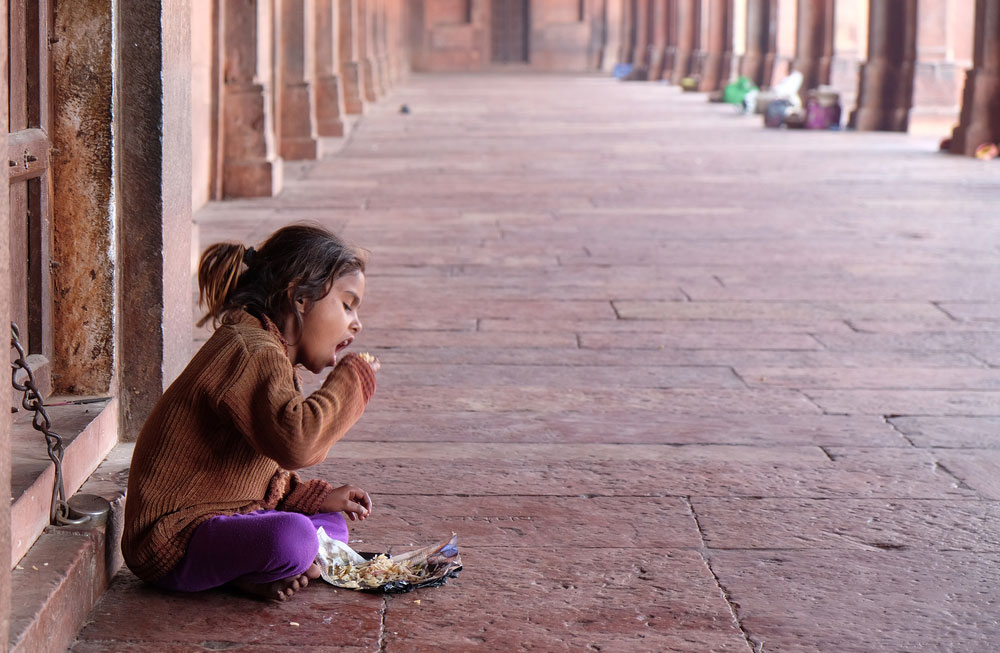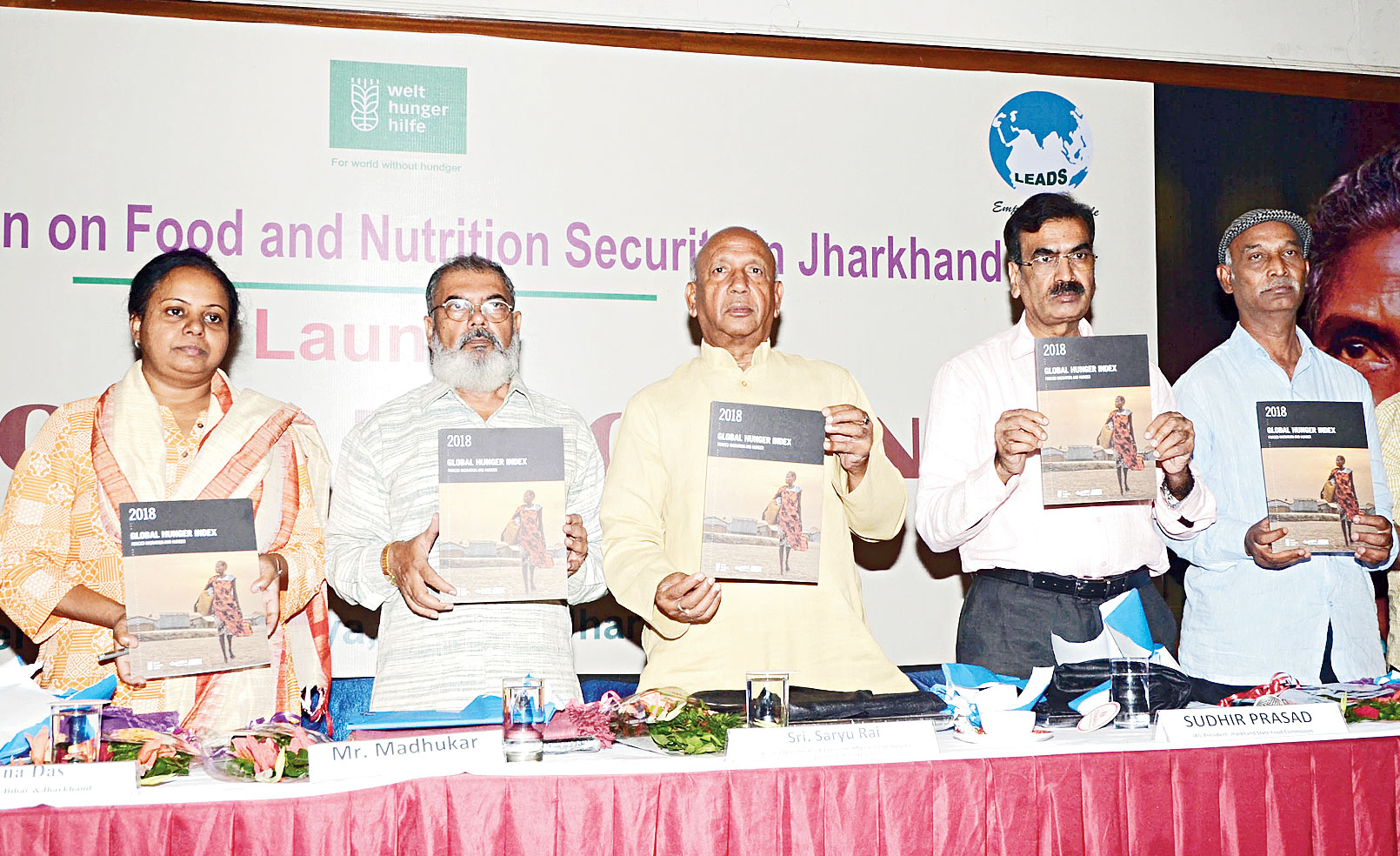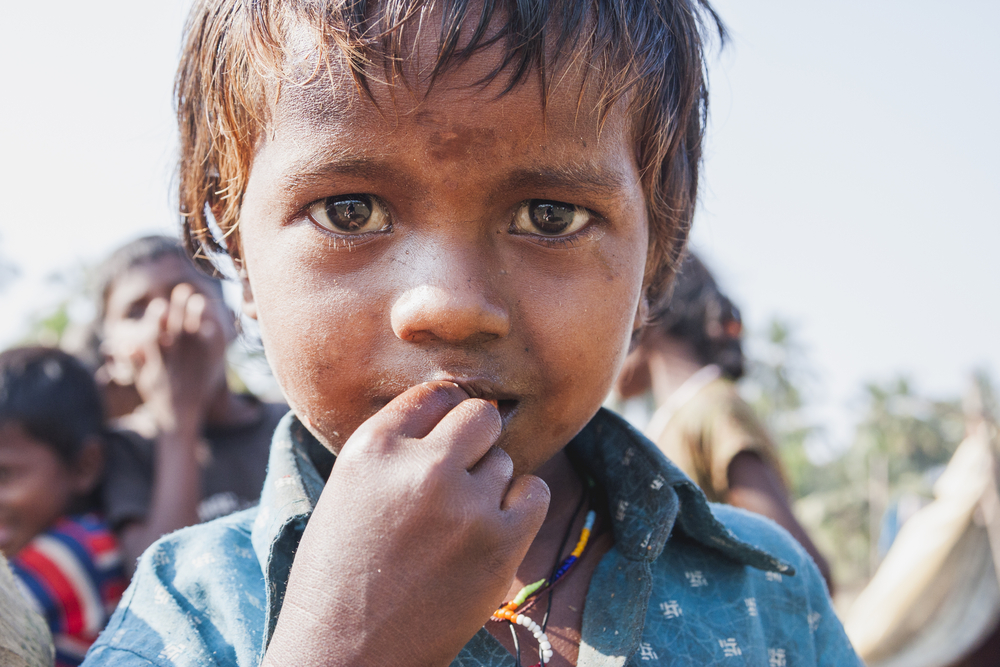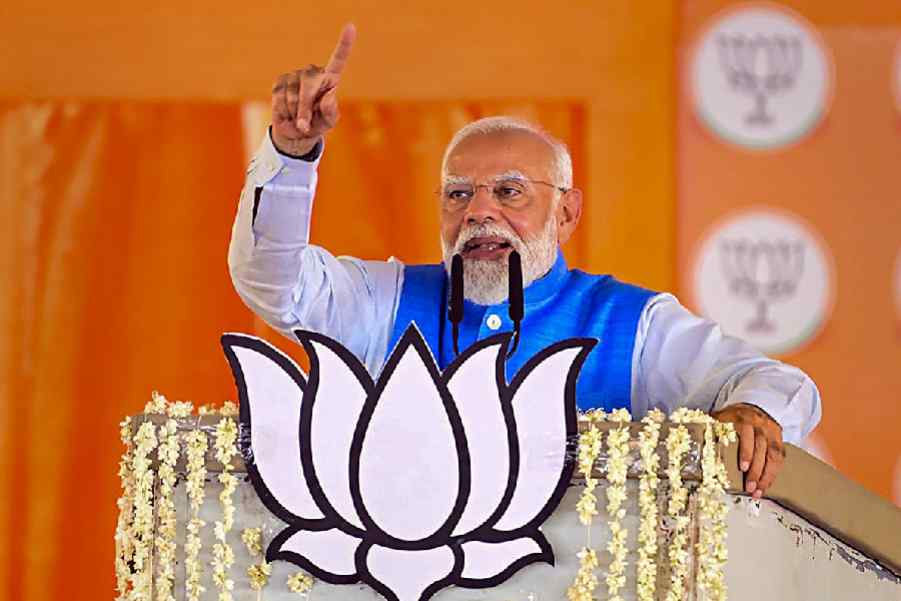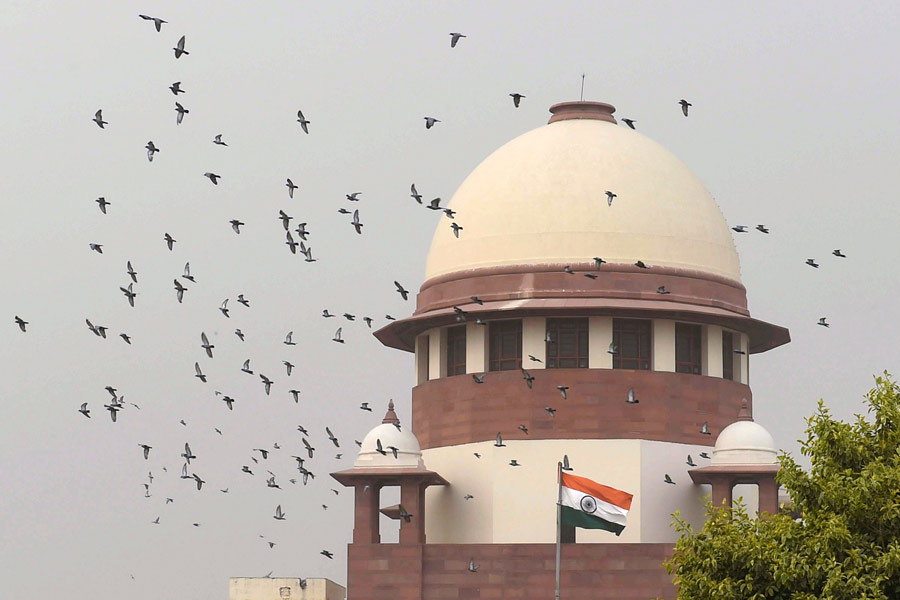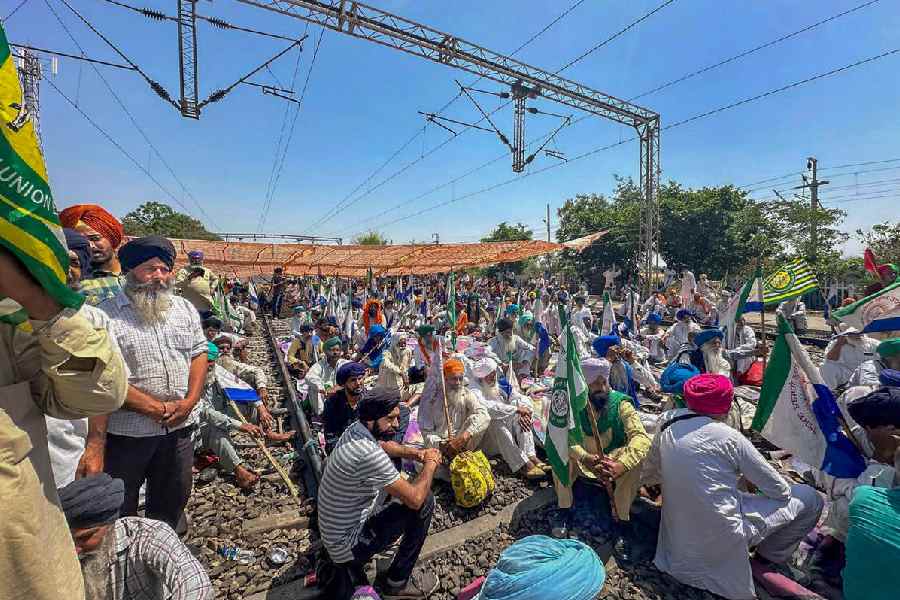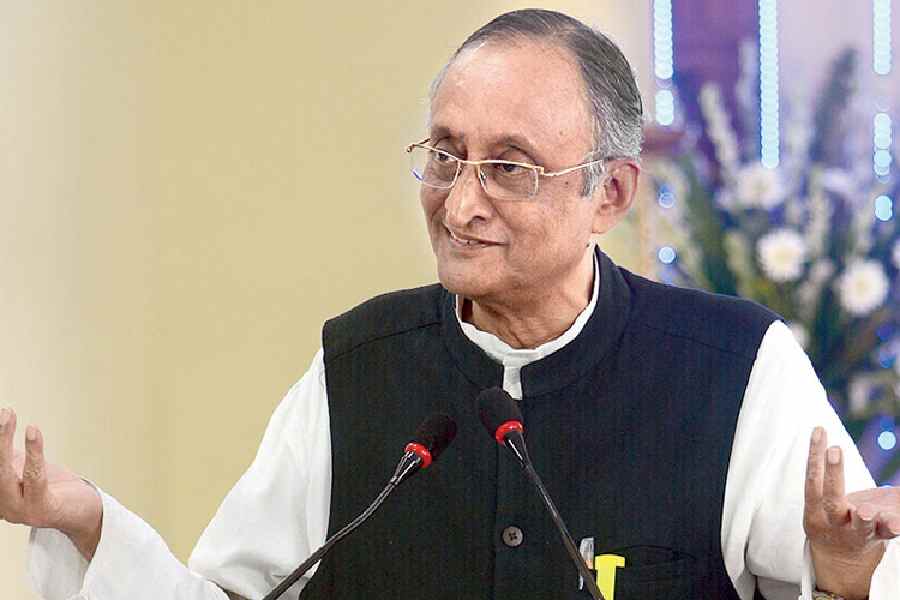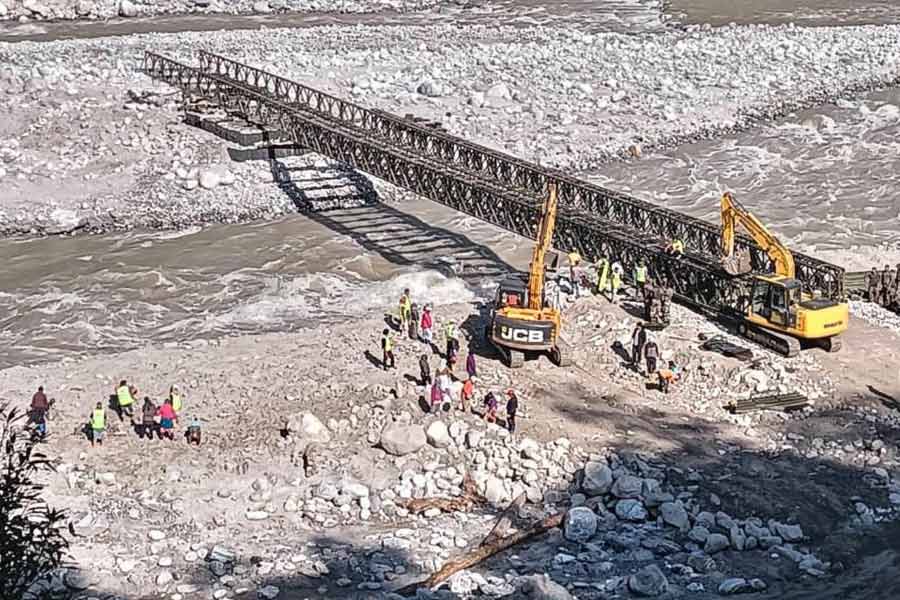Chronic hunger has, for a while now, been made undetectable. For instance, even though pockets in Jharkhand have been reporting ‘hunger deaths’ — 21 such cases in the state made up a quarter of the demises all over the country in the last four years — there was no official acknowledgement of the malaise either from the state or by the Centre. What made it possible for the authorities to deny these incidents at a time when India continued to slip in its rankings in the global hunger index was the element of ambiguity that had been introduced in the definition of hunger death.
It appears that culpable authorities may no longer be able to remain in denial. Hearteningly, the thrust in accountability has come from Jharkhand itself. Jharkhand has become the first state in the country to establish a comprehensive protocol to identify ‘hunger deaths’ after the state government decided to notify each district of the suggestions made by a committee that had been constituted to establish a code of identification. The protocol seems to be exhaustive. It has prioritized, among other meaningful interventions, a quick and thorough investigation of the cause of death, medical check-up of the surviving family within 24 hours, assessment of food security and health conditions of the surroundings as well as surveillance of the affected area for a period of three years. The shift in understanding — attributing the deaths to the lack of nutrition as opposed to the lack of food — would make it difficult for indifferent authorities to deny such occurrences. Viewing starvation from a holistic — social and economic — perspective would also lead to a better understanding of the issues embedded in undernourishment. Significantly, Jharkhand has developed a model that can be followed by other states battling hunger. However, the success of the protocol would depend on its proper implementation. The combination of political will and rightful scrutiny from bona fide stakeholders can, evidently, make a difference on the ground.

